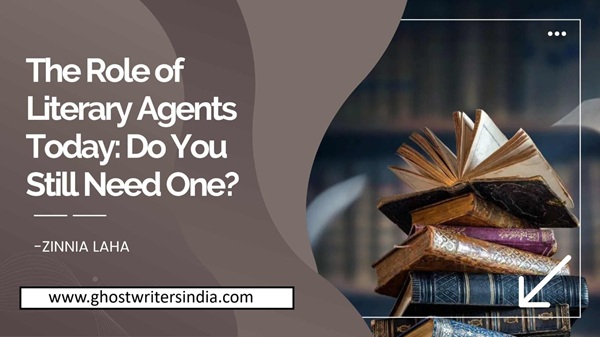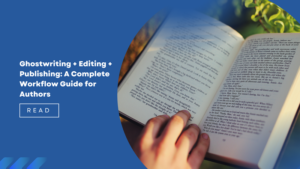The publishing world has changed drastically over the past two decades. With the rise of digital publishing, self-publishing platforms, and social media, many aspiring authors question whether a literary agent is still necessary. The traditional publishing once held the keys to all major publishing opportunities. Today, the doors appear to be more open than ever. But does that mean literary agents are obsolete? Not quite. In fact, while the role of literary agents in India has evolved, they remain a vital part of the publishing ecosystem, especially for writers seeking long-term careers and wider reach.
A literary agent is still, at its core, a professional who acts as the liaison between an author and the publishing industry. Their primary function has always been to pitch an author’s work to publishers, negotiate contracts, and advocate for the author’s best interests. However, the scope of their responsibilities has expanded. In the current publishing climate, agents also help shape a writer’s career strategy, offer editorial guidance before submission, and provide insights into the market that most authors simply don’t have access to. While it’s technically possible to navigate the publishing world without one, doing so comes with risks—especially when it comes to rights management, contracts, and positioning your book in a competitive market.
One of the biggest advantages of having a literary agent is access. Most major publishing houses do not accept unsolicited manuscripts. That means, without an agent, your manuscript might never reach the desk of an acquiring editor. Agents have established relationships with editors and know what they’re looking for. They tailor submissions accordingly and often get responses faster and more frequently than authors querying independently. They also have the credibility to ensure your work is taken seriously. For a debut author, this can make the difference between a quick rejection and a full manuscript request.
Agents also serve as valuable editors and advisors. Before your work ever reaches a publisher, a good agent will help you polish it. They understand what the market demands and what publishers expect. This pre-submission editing can vastly improve your chances of securing a book deal. Even more important, they help authors think about their careers beyond a single book—whether that means building a series, targeting the right genre, or considering foreign and film rights.
The role of agents has also adapted to include negotiating a wide range of subsidiary rights, from translation deals to audio books, film adaptations, and even merchandise. A writer unfamiliar with these arenas can easily undervalue or sign away rights that could have long-term implications. Agents not only help secure these opportunities, but they also ensure you receive fair compensation and retain control where it matters.
However, the rise of self-publishing and hybrid models has changed the equation. Authors can now publish their books with relative ease on platforms like Amazon KDP, IngramSpark, and others. Some writers have even achieved great commercial success without an agent or traditional publisher. For these authors, a literary agent may not be essential—at least not initially. If you’re tech-savvy, have a marketing plan, and are comfortable managing your publishing process, you might go far without one.
But even in the world of self-publishing, agents can play a crucial role. Some authors who find success independently eventually sign with agents to manage film rights, foreign editions, or to make the leap into traditional publishing. In fact, some agents now scout for authors in the self-publishing space, particularly those who demonstrate strong sales and audience engagement. This trend has made the author-agent relationship more dynamic and flexible than it was in the past.
Another consideration is the time and energy it takes to handle the business side of being an author. Negotiating contracts, chasing payments, managing rights, and strategizing your next move can be a full-time job. For many authors, having an agent means more time to write and less time worrying about legal and financial complexities. That peace of mind is often worth the commission an agent earns.
Also Read: How to Publish a Book in India: Traditional, Self Publishing and Hybrid Publishing
Still, agents are not the right fit for everyone. If your goals are modest or niche—say, publishing a local history book or a highly specialized nonfiction title—you may be better off pursuing small presses directly or self-publishing. Likewise, if you’re unwilling to revise your manuscript based on editorial feedback or prefer total control over the publishing process, traditional publishing with an agent might not be your path.
Ultimately, whether you need a literary agent depends on your goals, your genre, and your willingness to engage in the business side of writing. Agents are not gatekeepers in the same way they once were, but they are still powerful advocates, strategic partners, and expert negotiators. For authors aiming for wide distribution, international deals, or a long-term career in writing, a literary agent remains not just useful—but often essential.





